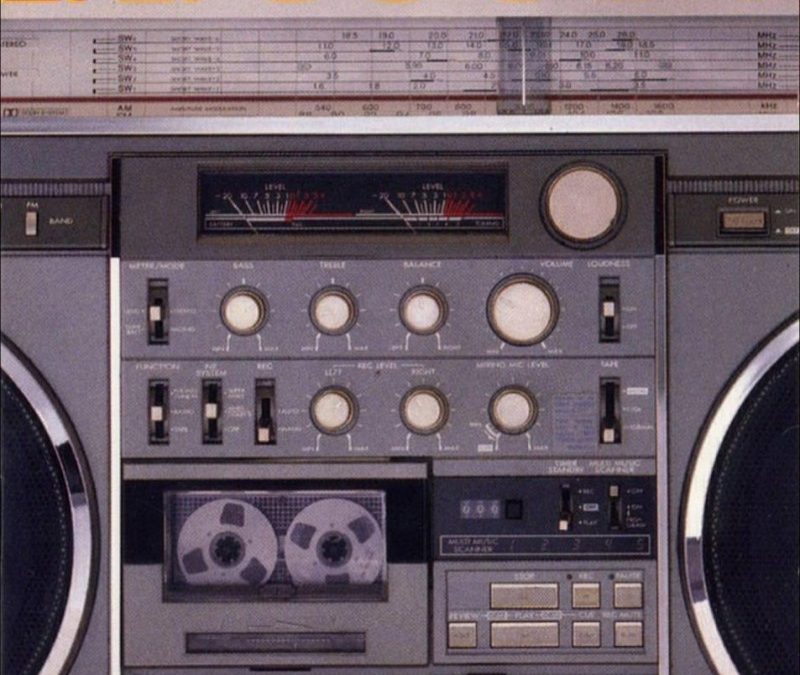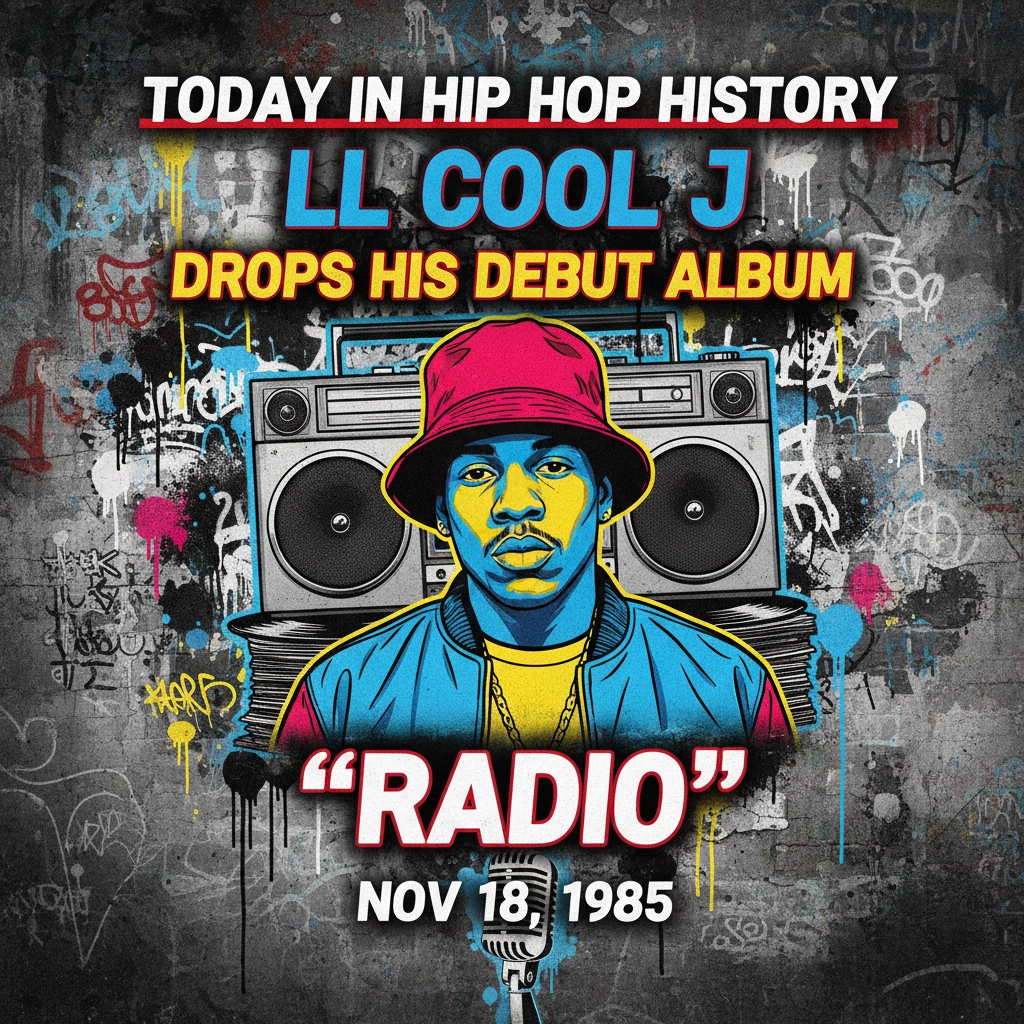
Yo, today marks 40 years since one of the most important albums in hip hop history dropped. November 18, 1985 – that’s when a 17-year-old kid from Queens named James Todd Smith, better known as LL Cool J, changed the game forever with his debut LP Radio.
Real talk, this wasn’t just another album release. This was the moment hip hop truly announced itself to the world. Radio became Def Jam’s first full-length album, and man, what a way to kick things off.
The Kid Who Changed Everything
Picture this – you’re 17 years old, still figuring out life, and you’re about to drop an album that’s gonna influence hip hop for decades. That was LL Cool J in 1985. The kid had bars, attitude, and most importantly, he had Rick Rubin behind the boards.

LL wasn’t playing around with his debut. While other cats were still finding their sound, this young dude came out swinging with pure aggression and confidence. The album title Radio said it all – this music was meant to blast out of every boombox, car stereo, and radio station across America.
Rick Rubin’s Minimalist Magic
Now let’s talk about the production genius behind this masterpiece. Rick Rubin was cooking up something special with his stripped-down, drum machine-heavy approach. None of that disco-influenced old school sound – Rubin went raw and minimalist.
The beats on Radio were hard, simple, and absolutely perfect for LL’s in-your-face delivery. Rubin knew exactly what he was doing, incorporating rock elements that gave hip hop a whole new edge. This wasn’t background music – this was music that demanded your attention.
That production style became the blueprint. Seriously, you can trace so much of modern hip hop back to what Rubin was doing on Radio. Clean drums, minimal samples, maximum impact.
Def Jam’s First Statement
Radio wasn’t just LL’s debut – it was Def Jam’s introduction to the world. Russell Simmons and Rick Rubin were building something revolutionary, and they needed the right artist to kick things off. LL Cool J was exactly what they needed.
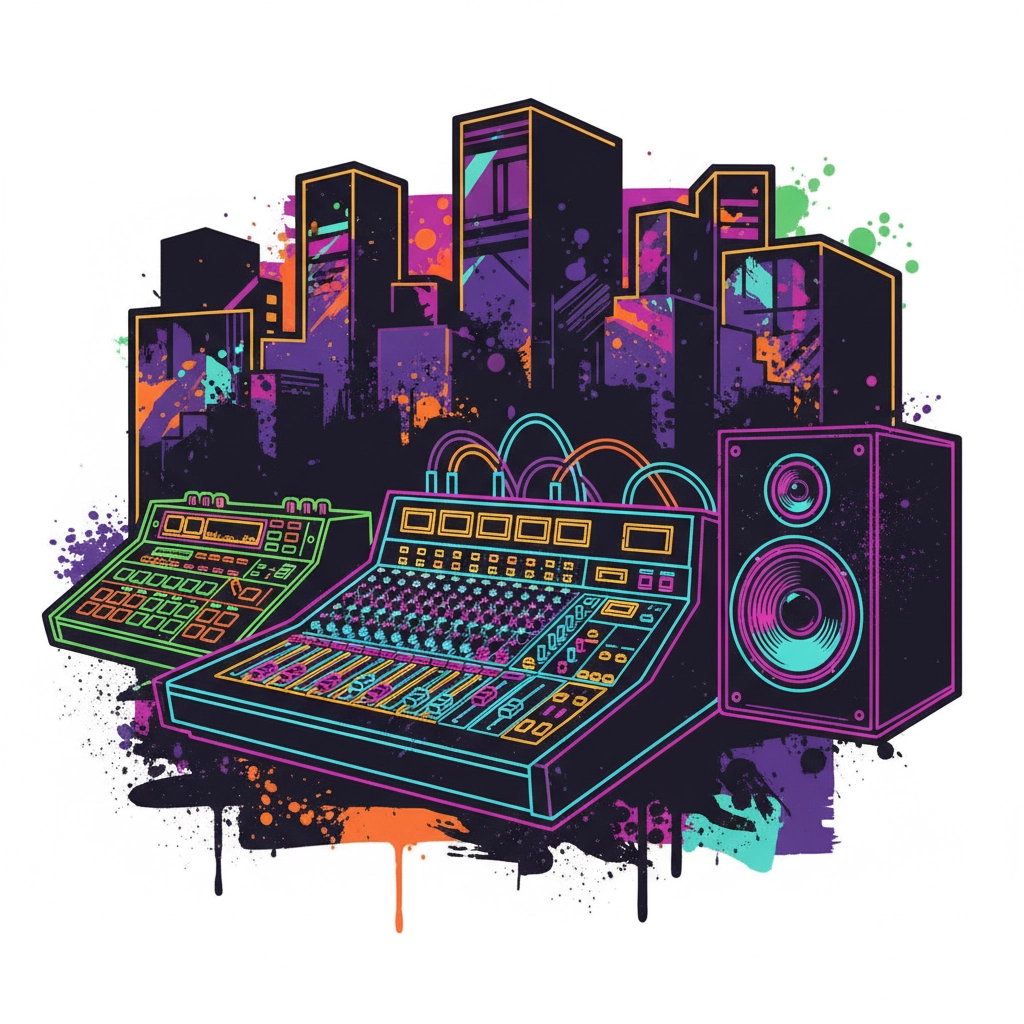
This album proved that independent hip hop labels could compete with the major players. Radio moved over 500,000 copies in its first five months. By 1989, it went platinum. Not bad for a genre that mainstream America was still trying to figure out.
The Sound of New School
Before Radio, hip hop was still tied to its old school roots. LL Cool J and this album officially ushered in the new school movement. The themes were different, the attitude was different, everything was more intense.
LL was rapping about inner city life, teenage experiences, and straight-up braggadocio like nobody’s business. His wordplay was sharp, his disses were clever, and his confidence was through the roof. Songs like “I Can’t Live Without My Radio” became anthems for a whole generation.
The album captured that mid-80s ghettoblaster culture perfectly. This was music for the streets, made by someone who understood the streets. LL wasn’t trying to water anything down for mainstream acceptance – he was keeping it 100 from day one.
Chart Success and Cultural Impact
Radio peaked at number 46 on the Billboard 200 and stayed on the charts for 47 weeks straight. For a hip hop album in 1985, that was huge. The album also hit number 6 on the R&B/Hip-Hop charts, proving that LL had serious crossover appeal without compromising his sound.
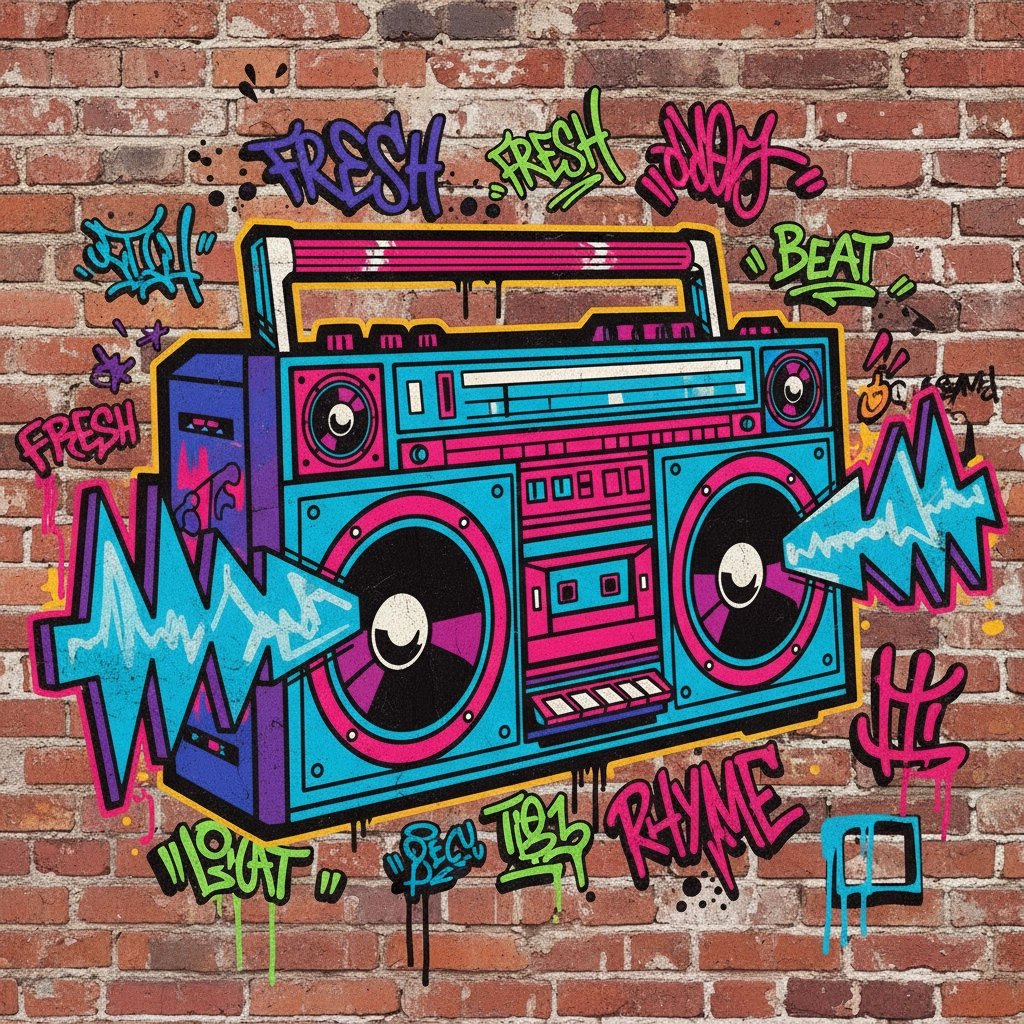
But the real impact wasn’t just in sales numbers. Radio showed the world that hip hop artists could create cohesive, album-length statements. This wasn’t just a collection of singles – this was a complete artistic vision.
Critics recognized it too. Music writers called it one of the first artistically cohesive hip hop records, and many still consider it LL’s finest work. The album established both LL Cool J and Def Jam as major forces in hip hop’s evolution.
Lyrics That Hit Different
LL’s lyrical content on Radio was revolutionary. He wasn’t just flowing – he was crafting verses with wit, personality, and serious technical skill. The kid had punchlines for days and wasn’t afraid to get braggadocious.
But it wasn’t all hardcore bravado. LL also showed his softer side on tracks that hinted at the hip hop ballads he’d perfect later in his career. This range showed that hip hop artists could be multidimensional, not just one-note street rappers.
The album proved that hip hop could handle complex themes and emotions. LL was talking about real experiences that young people could relate to, delivered with a confidence that made every word hit harder.
The Golden Age Begins
Looking back, Radio marked the beginning of hip hop’s first Golden Age. The album’s success opened doors for countless other artists and showed record labels that hip hop was more than just a fad.
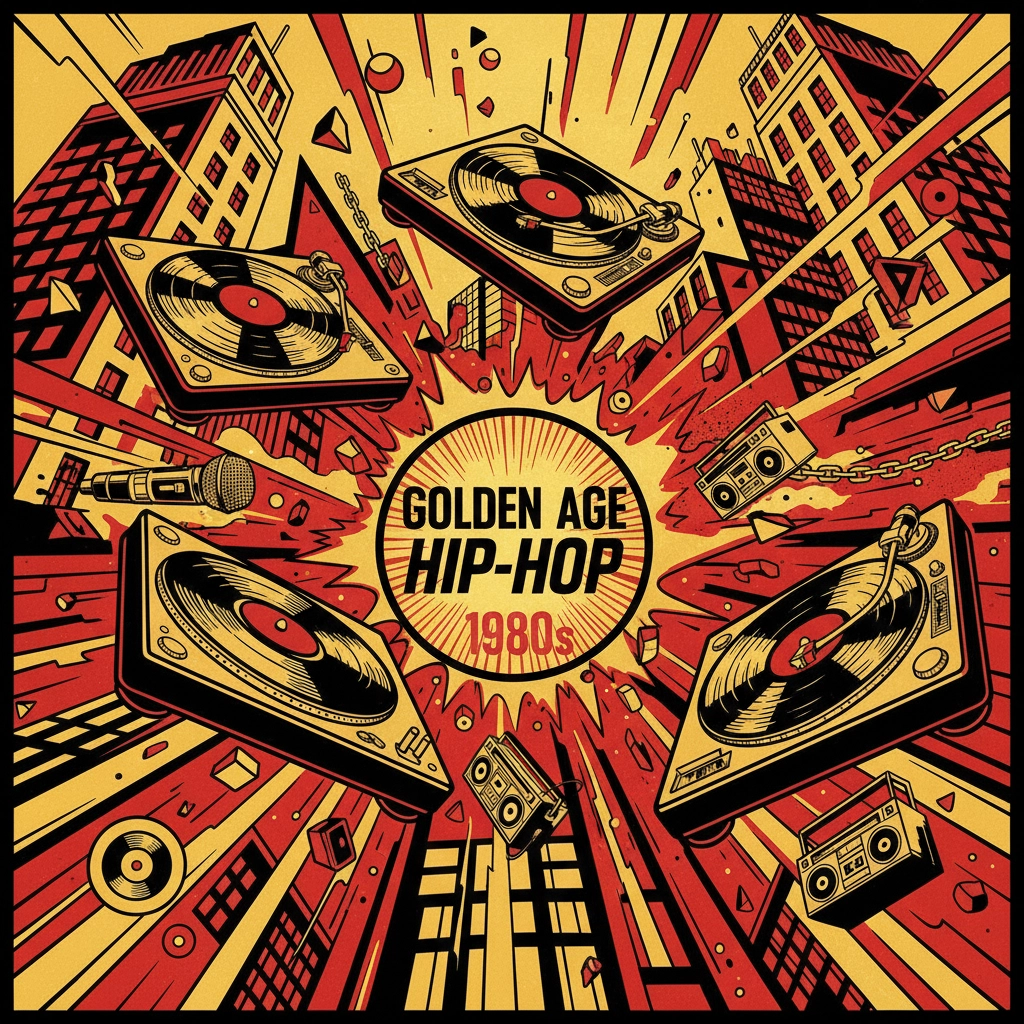
LL Cool J became one of the leaders of the new school movement, inspiring a whole generation of rappers to step their game up. The standard had been set – if you wanted to make it in hip hop, your debut better be as strong as Radio.
Legacy That Lives On
Forty years later, Radio still sounds fresh. The production holds up, LL’s flows are still impressive, and the energy is undeniable. You can hear the influence of this album in everything from 90s boom-bap to modern trap music.
For anyone serious about understanding hip hop history, Radio is required listening. This album proved that hip hop could be commercially successful without losing its authenticity. It showed that young artists could create timeless music that would influence generations.
Celebrating a Classic
Today, as we celebrate the 40th anniversary of Radio, we’re really celebrating the moment hip hop truly came of age. LL Cool J was just 17, but he created something that would outlast most artists’ entire careers.
At TRILL Hip Hop Shop, we understand the importance of celebrating these pivotal moments in hip hop history. Albums like Radio are why we do what we do – preserving and honoring the culture that gave us so much incredible music.
So crank up “I Can’t Live Without My Radio” today and remember when a teenager from Queens changed hip hop forever. Some albums are good, some are great, but Radio was legendary from day one.
Happy 40th anniversary to LL Cool J’s Radio – the album that proved hip hop was here to stay.
